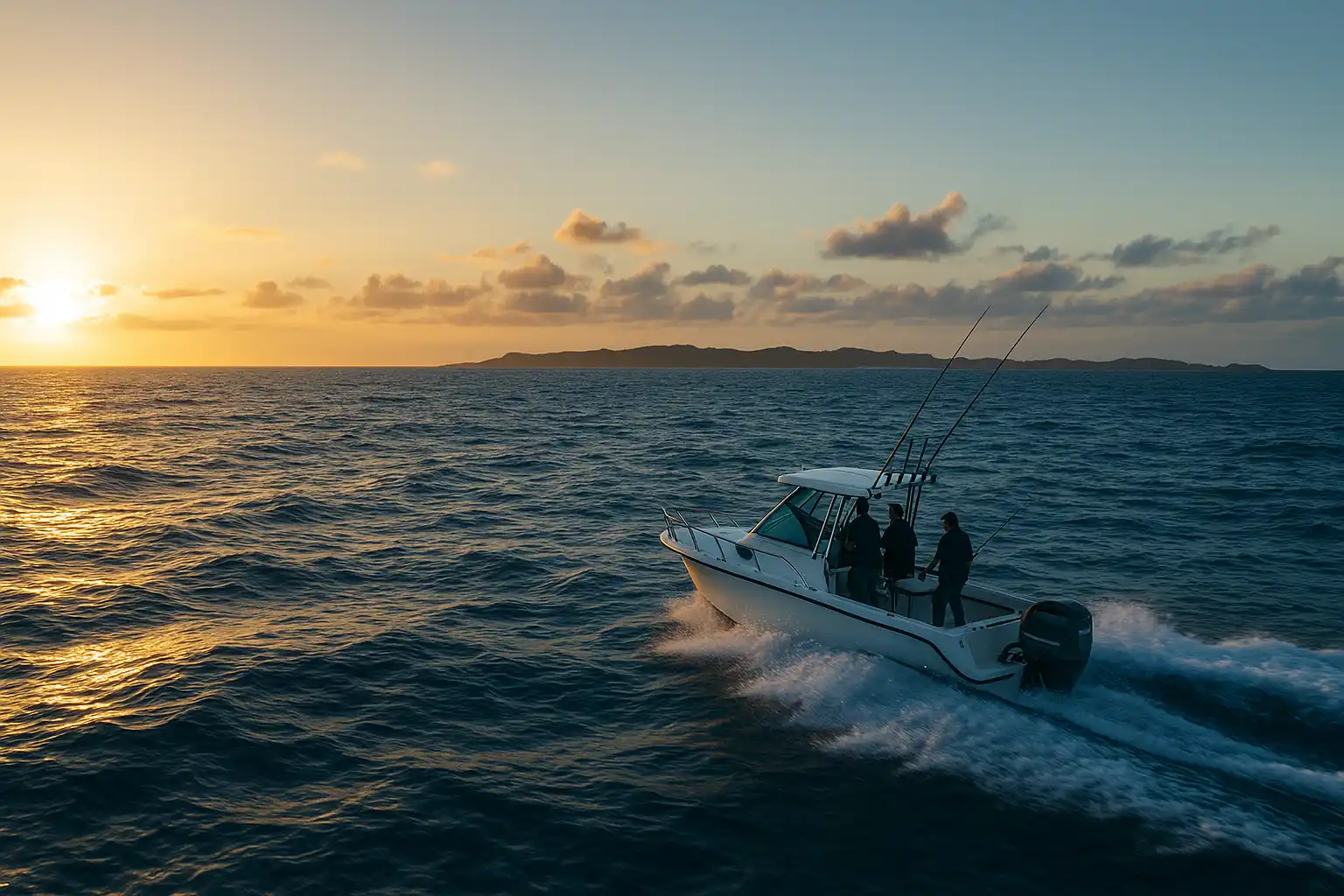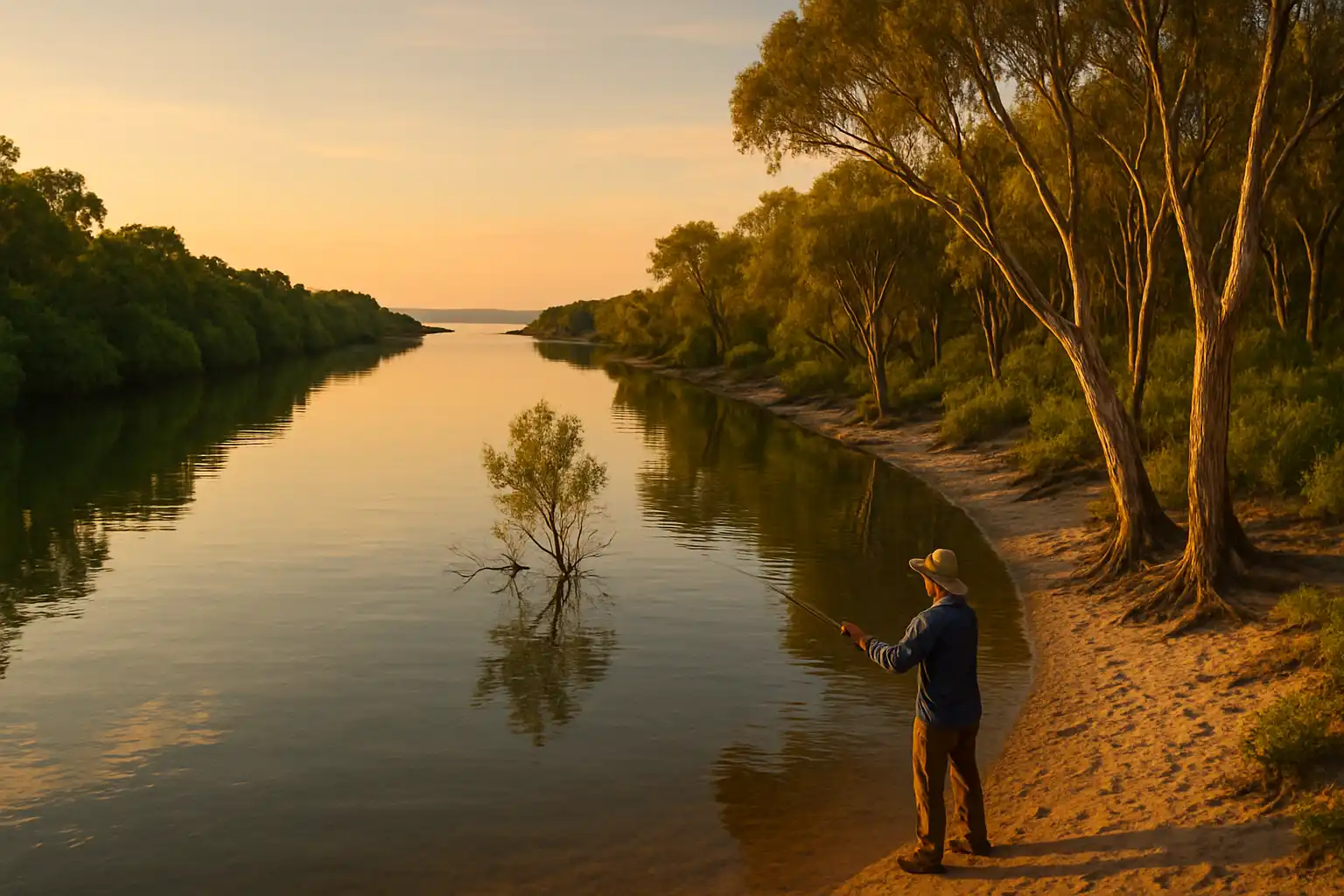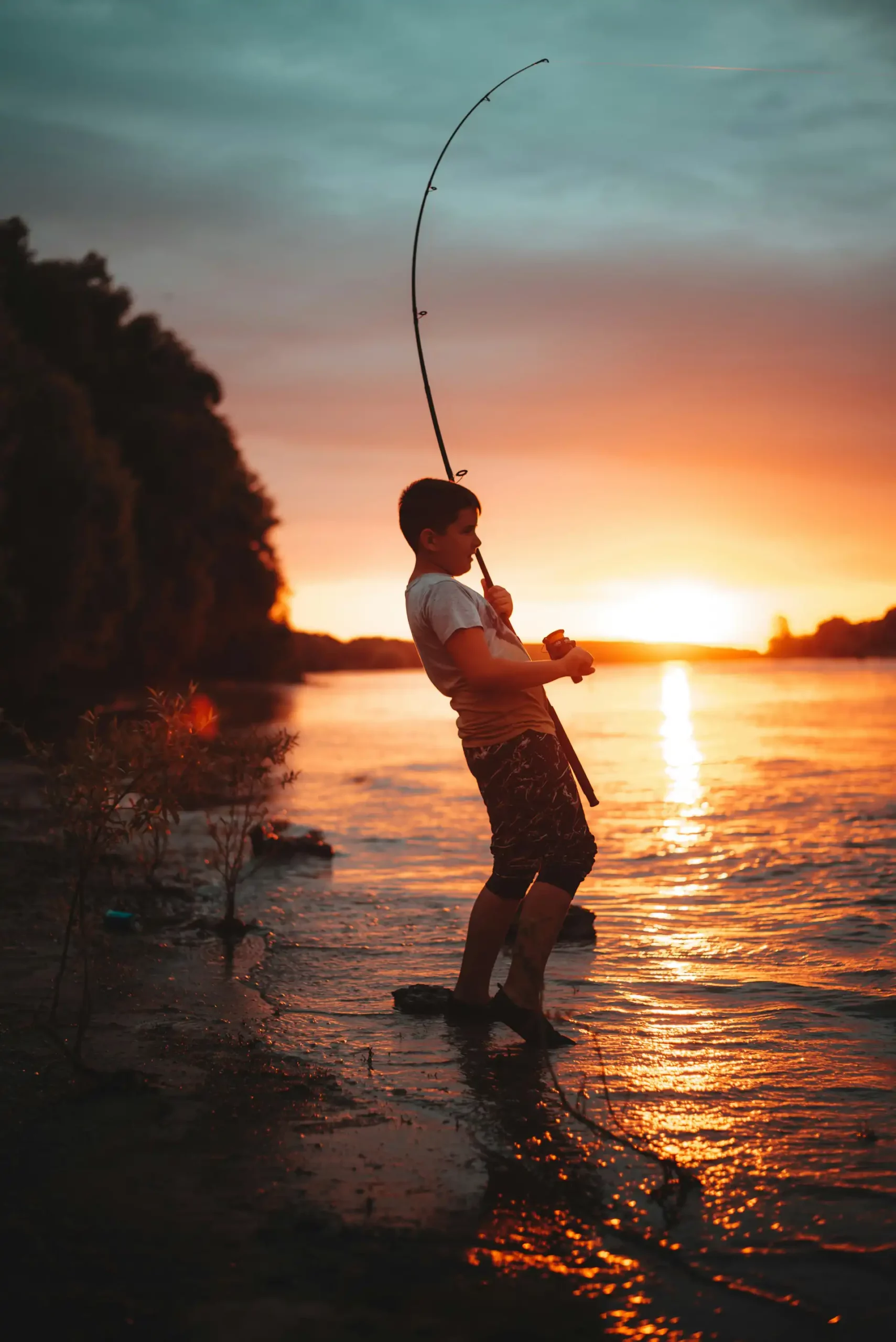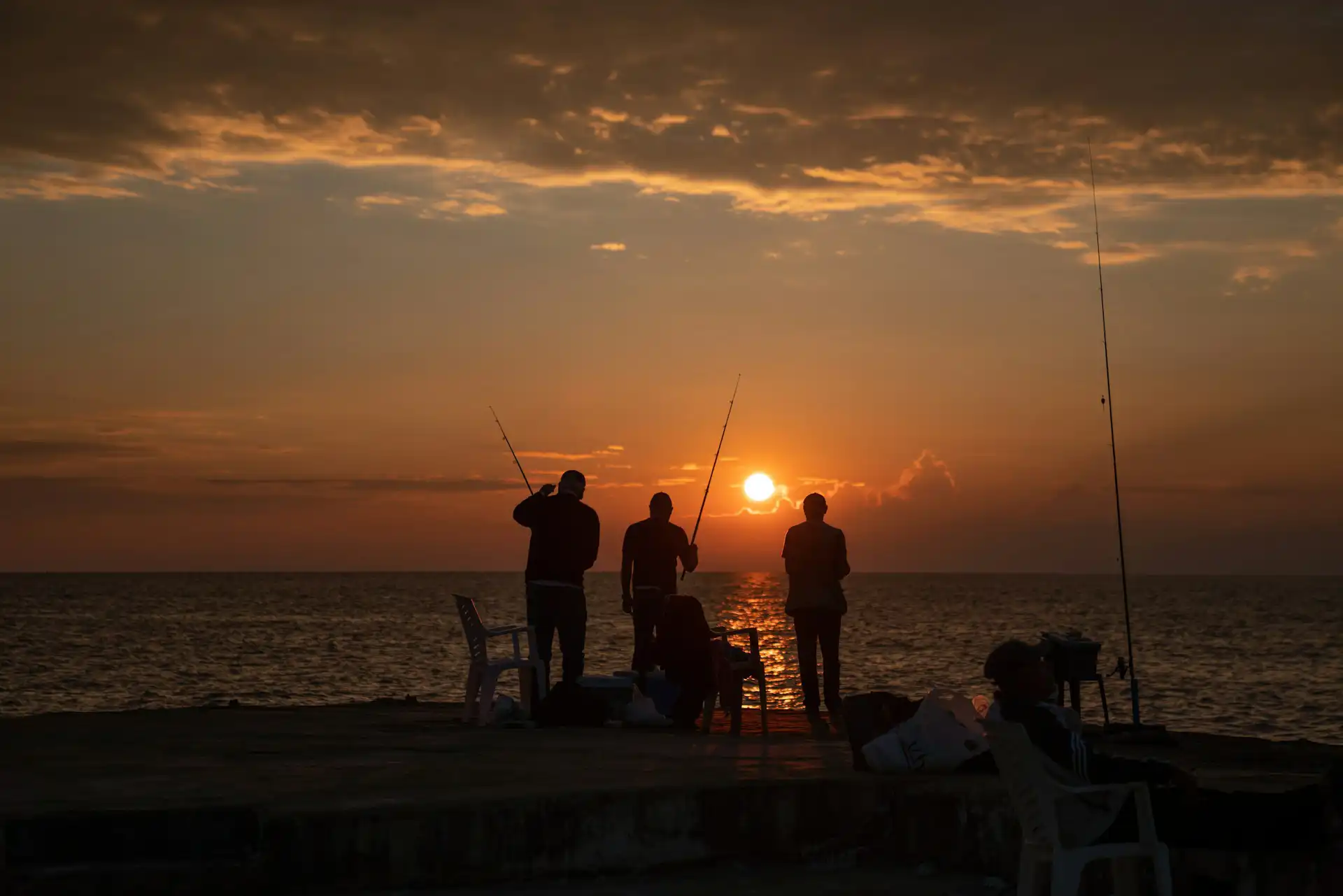Kayak Fishing at Rocky Cape, TAS: A Comprehensive Guide
Situated within Rocky Cape National Park on Tasmania’s north coast, Rocky Cape offers kayak anglers an adventurous location featuring rugged headlands, sheltered coves, and reef systems. Understanding the best tide times, fishing seasons, and preparing properly with the right gear and safety essentials will help you make the most of your trip.
Best Tide Times for Kayak Fishing at Rocky Cape, TAS
- Peak Fishing Tides: Tidal movements are crucial to fish activity around Rocky Cape. For the best kayak fishing success, aim for:
- Incoming Tide (Rising): Rising tides bring baitfish closer to the reefs and rocky ledges, attracting flathead, bream, Australian salmon, and squid. The first half of the incoming tide is often the most productive.
- Outgoing Tide (Falling): Fish often stage along reef drop-offs and channel edges during the falling tide, offering prime conditions for kayak anglers.
Tide Phases to Avoid for Kayak Fishing:
- Dead Low and High Tide: These slack water periods often result in reduced fish movement. It’s a good time to reposition or change up your gear and tactics.
Fishing Seasons at Rocky Cape, TAS
- Year-Round Species: Flathead, bream, and squid can be targeted year-round in the waters around Rocky Cape.
- Seasonal Highlights:
- Summer (Dec to Feb): Peak time for flathead, squid, and Australian salmon near the reef systems and sandy pockets.
- Autumn (Mar to May) and Spring (Sep to Nov): Excellent for bream, trevally, and mixed reef species during milder conditions.
- Winter (Jun to Aug): Squid remain active offshore, and bream can still be found around deeper rocky structures.
Gear Tips for Kayak Fishing at Rocky Cape
- Rod and Reel: A 2–4 kg light spinning setup is ideal for handling the reef-associated and inshore species commonly found here.
- Lures and Baits:
- Lures: Soft plastics, shallow diving hardbody lures, and squid jigs are essential tackle items.
- Baits: Pilchards, prawns, and squid strips are proven choices for the reef and nearshore fishing.
- Kayak Accessories:
- Anchor: Important for holding your kayak steady near reef edges and rocky outcrops during tidal movement.
- Storage: Dry bags and waterproof crates protect your gear from rough conditions and sea spray.
Safety First for Kayak Fishing at Rocky Cape
- Personal Flotation Device (PFD): Always wear a certified PFD when paddling offshore or near rocky structures.
- Weather Awareness: Conditions around Rocky Cape can change quickly—always check wind and swell forecasts before launching.
- Visibility: Fly a tall kayak flag and wear high-visibility clothing to stay seen by passing boats.
- Communication Device: Carry a waterproof mobile phone or handheld VHF radio in case of emergency.
- First Aid Kit: Always carry a small first aid kit for treating minor injuries and abrasions.
Final Tips for a Successful Kayak Fishing Trip at Rocky Cape, TAS
- Respect the Environment: Follow all fishing regulations carefully and practice catch-and-release where appropriate to help preserve the marine ecosystem.
- Local Knowledge: Visit local tackle shops or talk with other fishers for tips on current hotspots, bait preferences, and seasonal movements.
With good planning, tidal awareness, and attention to weather conditions, you’ll enjoy a safe and rewarding kayak fishing adventure at Rocky Cape, Tasmania.
Explore all Tasmania kayak fishing guides





